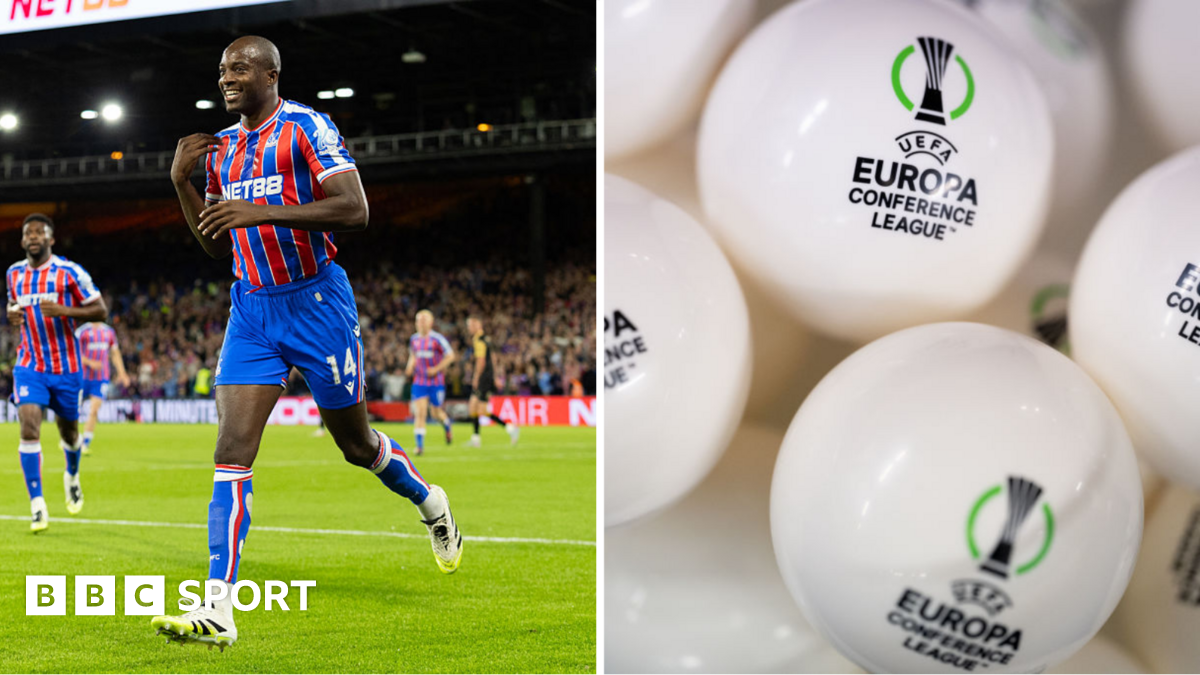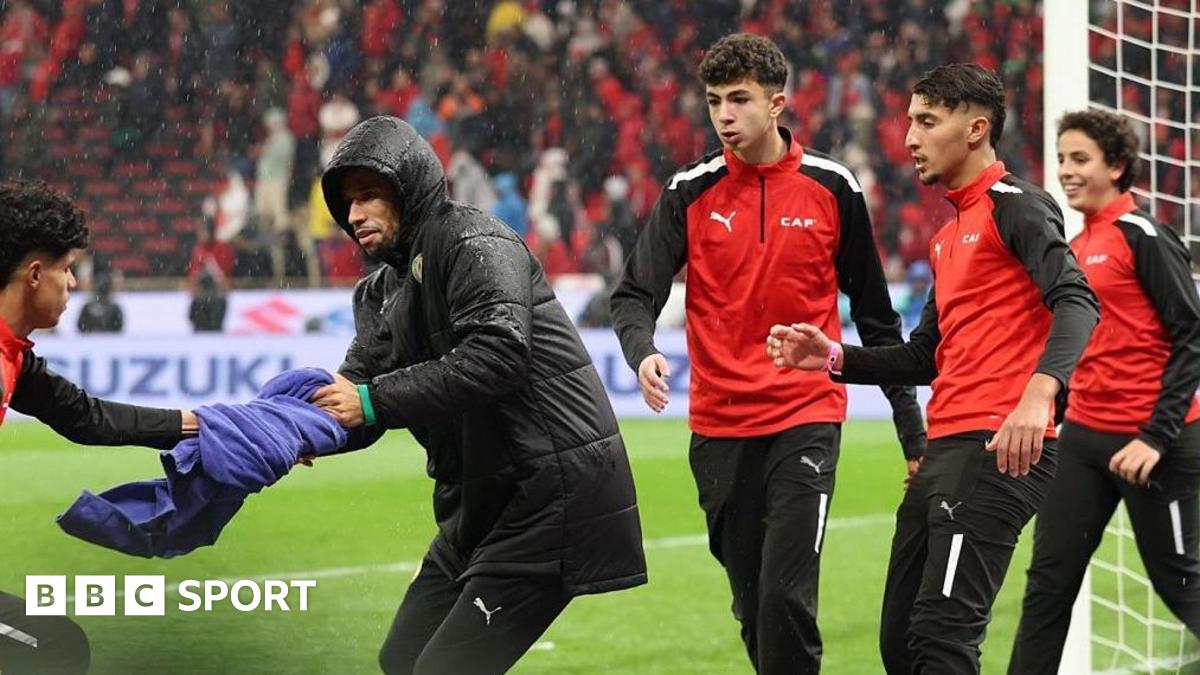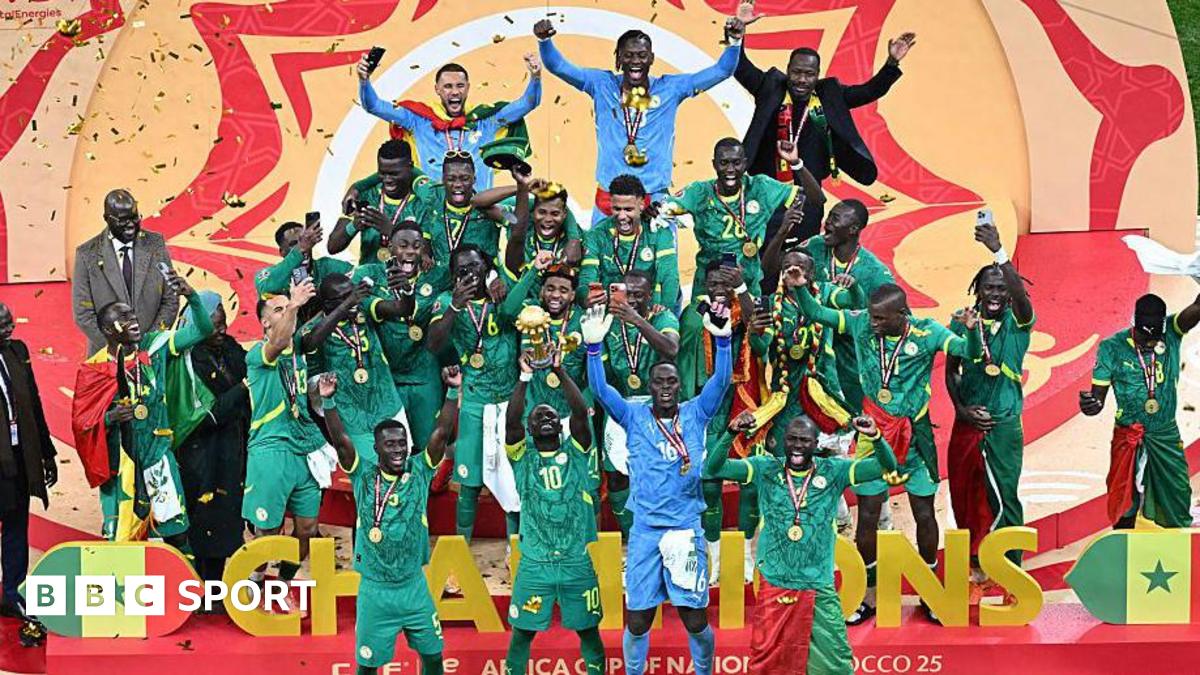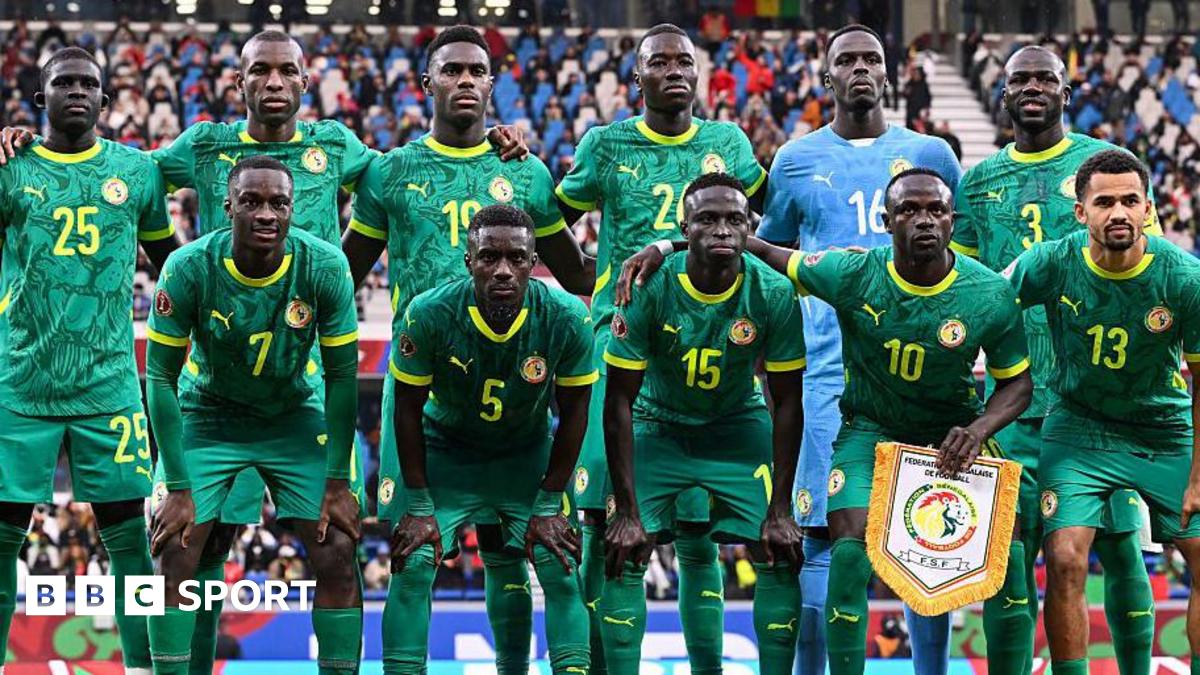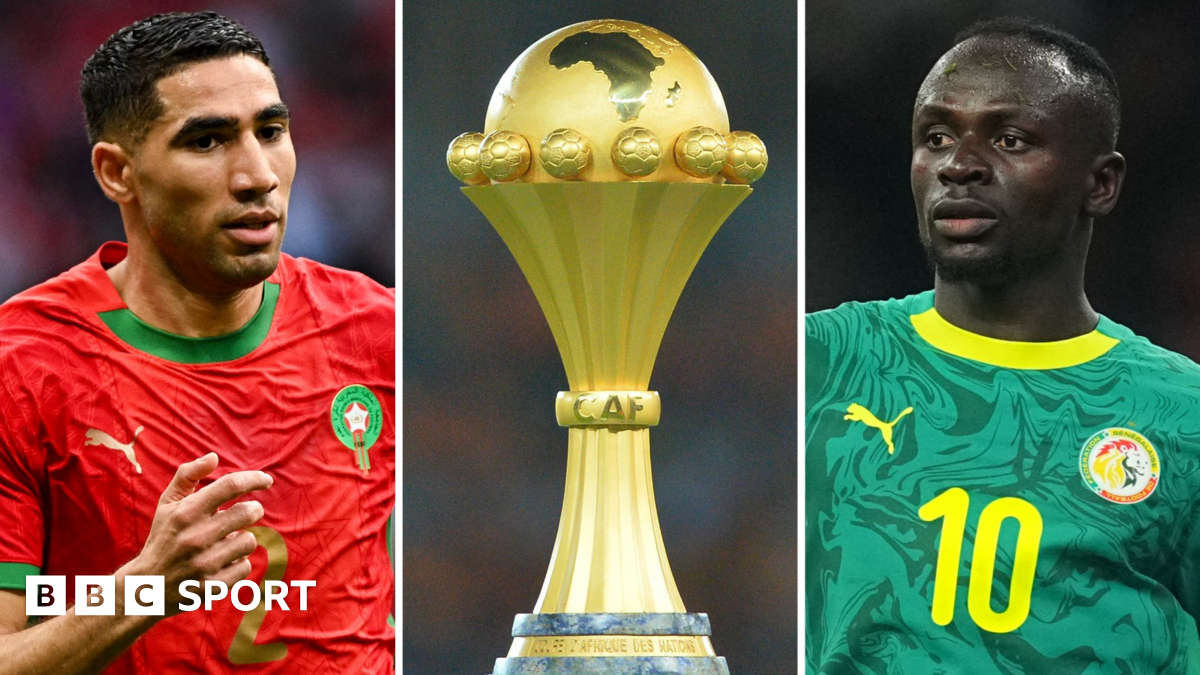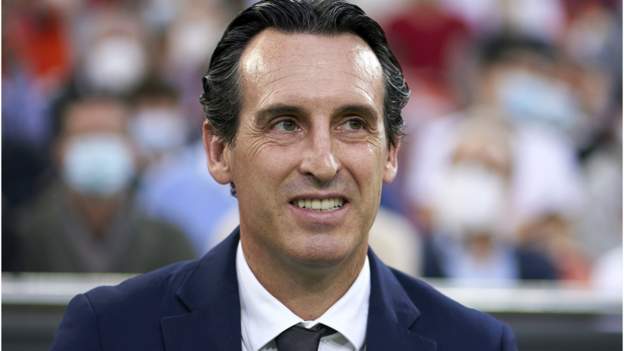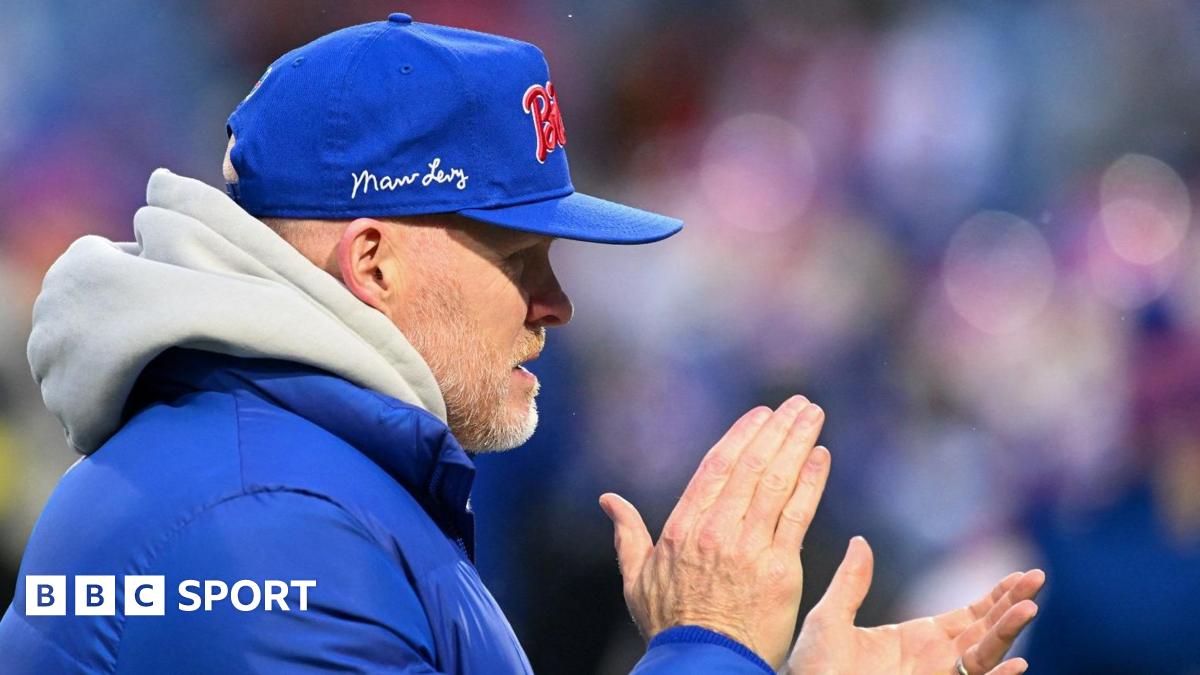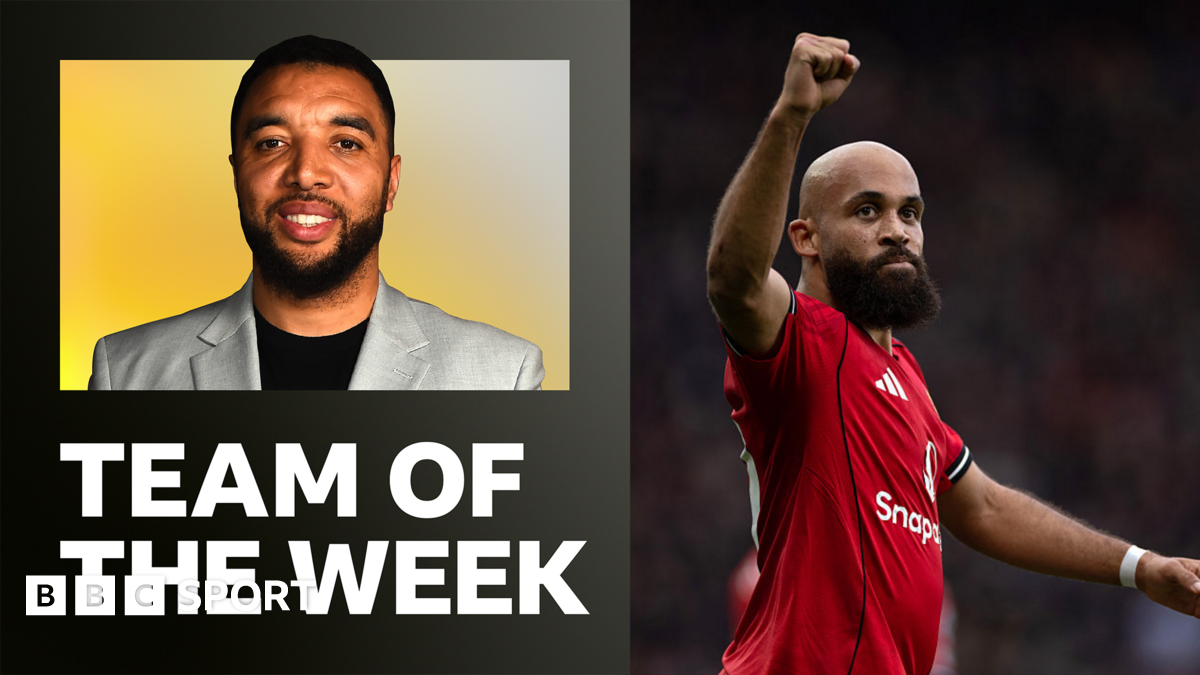When Duncan Scott snubbed Sun Yang on the podium at the 2019 World Championships, there was a swimming immortal watching on television who smiled and quietly applauded.
David Wilkie saw it all unfold. Scott’s refusal to shake hands with the convicted drugs cheat, his blanking of him at the medal ceremony, his shunning of the group photograph. There’s Sun with gold around his neck and, to the side, there’s Scott in bronze, detached and disinterested in Sun’s charade.
“He made a stand,” says Wilkie, close to 45 years on from upsetting the American monopoly by winning gold at the Montreal Olympics. “Very few swimmers would have had the guts to do what Duncan did. There might have been people saying, ‘don’t don’t rock the boat’, but he did and good on him.”
Wilkie was speaking on BBC Scotland’s This Sporting Life podcast about his life and times. A life and times that goes from his birthplace of Colombo, Sri Lanka, to his arrival in Edinburgh aged 11, to his conquering of the swimming world at 22 and the fame that came with it – a period so adventurous that he counted Elton John as a mate for a spell.
“A young guy, hanging around the King’s Road, few bob in the pocket… I wouldn’t say I was an out-and-out reprobate, but if the opportunity was there we had a good time. London was a swinging town. There was a lot to enjoy and, by God, you might as well enjoy it.”
Wilkie’s is a story that begins in the molly-coddled splendour of Colombo with the big family home, the nannies and maids, the sunshine and freedom. He was born there and remained there until his Scottish dad sent him to boarding school in Edinburgh.
To say it was an unpopular decision would be putting it mildly. He couldn’t get why his father would want him to trade shorts and flip-flops and heat for a cap and tie and shoes to be polished each morning. He had to make his own bed, he was responsible for stuff. He hated it.
Then there was the swimming. In Sri Lanka, there was no discipline, just fun. In Scotland, there were rules. Regimented pools with horrible nylon ropes. Crowded, cold and stinking of chlorine. He’d get out of the water and he’d scratch and sneeze and wheeze. What was the point?
Colombo wasn’t just a different continent, it was a different planet. “The years went by and my attitude changed, but it took time.”
‘It was easy getting into the village in Munich’
When Wilkie left school, the rebel in him came out. He’d already won Commonwealth Games bronze at that stage. The talent was obvious and so, too, was the spirit. He grew his hair, he developed sideburns, he created a look that was unheard of in the staid world of swimming.
The Olympics of 1972 changed everything. Those were the Mark Spitz games – seven golds, seven world records. In the shadows, Wilkie won silver in the 200m breaststroke behind the great John Hencken of America. From 25th in the world to second. At 18, he was on his way.
Munich opened his eyes in more ways than one. “It was the massacre of the Israeli athletes and I’ll never forget it,” he says.
“We’d finished our events and we were out having beers and got back to the village quite late – about two or three in the morning. Our digs were right on the perimeter and we saw these guys in yellow tracksuits coming over the fence. We didn’t have any suspicions. Getting in and out of the village was easy, there was no security, we’d get fake passes for friends, it was as easy as that.
“Next day we came down for breakfast and the Canadian swimmers said, ‘Have you heard?’ We said, ‘Heard what?’
“On a terrace near where we were sitting we could see these Palestinian guys with masks and guns and the German police. It was right there in front of us. A breaking news story in front of our eyes. Horrific. I was 18. I didn’t see any shooting but you grow up pretty quickly after seeing something like that.”
‘My friends couldn’t believe I knew Elton John’
After Munich, Wilkie was a sought-after guy. Harvard University offered him a scholarship. Then came the University of Southern California, Florida, Alabama and Miami. They offered him a new life and unimaginable support. He went to Miami.
In 1973, he won gold at the World Championships in Belgrade. In 1974, he won double gold at the European Championships in Vienna. In 1975, he won double gold again at the worlds in Cali, Colombia.
“I was 22 in Montreal in 1976. Hencken beat me in the 100m breaststroke final and he did it in a world record time.
“The 200m breaststroke was my strongest event. I couldn’t believe how nervous I was in the heats. The pressure on me was all internal, but I qualified fastest and the confidence was brimming. I was ready and I put together probably the best race of my life.
“I broke the world record by three seconds and that was life-changing because now I have agents wanting to represent me. I’m on radio with Terry Wogan and 10m listeners. I became a personality. I was walking down the King’s Road with some friends from America one day and Elton appears and says, ‘Hi David…’ and my friends couldn’t believe I knew Elton John.”
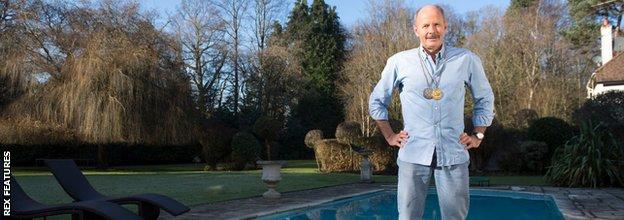
Remarkably, that was the end. Wilkie had all these opportunities to capitalise on his fame but, in the amateur world of Olympic sport, he couldn’t cash in and compete at the same time. He had to choose between the pool and the pound and he picked the latter. No regrets.
“If it had been a different world, I would have continued for at least another four years. That would have taken me up to Moscow in 1980 where it would have been a cinch to win the gold medals because the Americans didn’t turn up because of the Russian invasion of Afghanistan.
“I was also world record holder in the 200m medley, which they took out of Montreal. Had I continued to Moscow, there were three individual golds to go for, plus the relays. It didn’t happen, so no use crying over spilt milk. I made that decision to make money out of the sport. I did it with my eyes open.”
At 22, Wilkie’s swimming life was all but over but he did well out of those medals. Eventually the fame and the opportunities waned, but life has continued to be a major success. He developed a food and nutrition business and sold it for millions.
He says he still swims every day, in the pool in his house in the south of England, and briefly considered representing Sri Lanka in the 2014 Commonwealth Games in Glasgow.
The chlorine in the water back in the day might have cost him his hair, he reckons. Those flowing locks were gone before he hit 30.
“I was in China doing swim clinics and I looked in this mirror and I thought, ‘Gosh, you’re going thin on top there’. I got back to London and went to see somebody and he said you’ve got male pattern baldness and it’s going to fall out and there’s nothing you can do. Great.”
He’s 66 now, going on 67. He still loves being in the water and can still shift. A few years back an over-zealous lifeguard in a local pool didn’t like the speed he was showing and got off his perch to complain. “I was told off for swimming too fast,” he says. And then he laughs at the magnificent irony of it all.
Almost 45 years ago, swimming too fast was the very thing that made him great.

